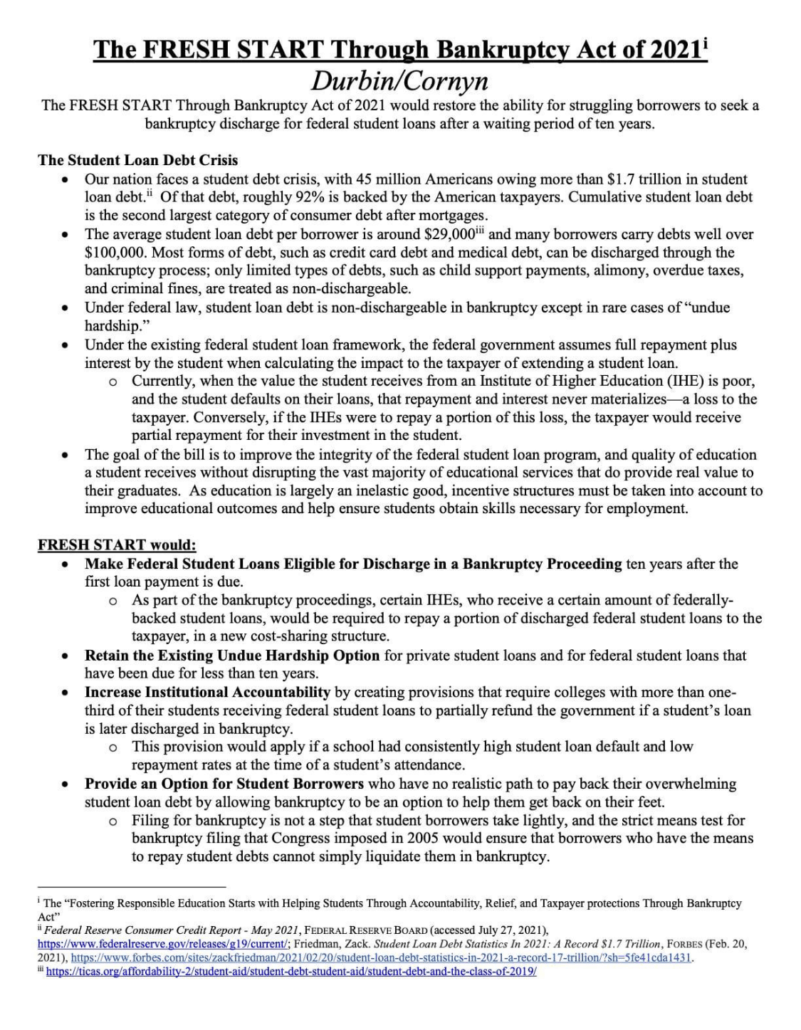When the Dodd-Frank Act was negotiated, the CFPB’s structure was written so that the director of the agency could not be fired at will, but instead only for cause. Despite ample precedent for this at other agencies, in Seila Rules LLC v. CFPB (2020), the Supreme Court ruled that this violated the separation of powers clause of the Constitution.
Ironically, this example of Republicans and the courts chipping away at the CFPB made it more effective under Biden. If the old rule were in place, Trump’s CFPB director Kathy Kraninger would have been able to serve out her five-year term until . Instead, Kraninger resigned before being fired on Biden’s Inauguration Day, and now progressive Rohit Chopra $255 payday loans online same day Colorado serves as the director.
And the pay day financing rule, that is at the heart of circumstances, was not touched from the the fresh techniques, regardless of if advocates would like to understand the function-to-pay off simple restored

However, rivals of CFPB have not averted. Another way Congress attempted to insulate the new agency’s surgery is by using new very-titled self-funding process. CFPB gets their budget throughout the Government Reserve unlike Congress. Which apparatus turned another address.
Inside 2016, the new CFPB awarded a constraint referred to as payday lending rule (commercially, new Pay day, Vehicles Term, and you can Particular Higher-Rates Repayment Money Signal), and therefore really restricted just how payday or other large-costs loan providers you can expect to grant fund. The new laws introduced underwriting provisions who force loan providers to determine a great borrower’s power to repay the borrowed funds, along with other payment defenses. This is certainly just like the feature-to-pay-off rule CFPB oriented to have higher-exposure mortgage loans.
Given that several turned otherwise restored money electricity the latest income when you look at the payday credit, the fresh rule try likely to severely affect the world and you can probably cut how many financing supplied, each The newest York Times’ revealing.
Kraninger then rescinded the underwriting provisions, leaving only the payment protections for borrowers, making the rule a shell of its former self.
But that was not enough on financing community. In 2018, CFPB was prosecuted again, this time around inside CFPB vmunity Financial Services Relationship off The usa (CFSA). In this instance, CFSA, new pay check financing industry’s best change connection, sought to fully eliminate the signal, because of both the getting-end in firing supply (and therefore hadn’t yet been decided) plus the care about-resource plan, which CFSA contended broken the newest Constitution’s appropriations term. In the event the to possess-cause provision is actually strike off, CFSA amended its grievance to a target the second.
Initial, the newest code could have as well as brought a speeds cap off 36 %, but pay check financing lobbyists effortlessly demanded the reduction
Last October, the U.S. Court of Appeals for the Fifth Circuit, one of the most conservative in the country, decided with CFSA’s argument, rendering the consumer agency’s funding unconstitutional. CFPB has appealed to the Supreme Court, and the case is set to be heard in its next session.
It legal suspicion makes the possibly hazardous outcomes of dismantling the new CFPB maybe not an excellent hypothetical. The new rulemaking enjoys slowed while the court case looms. One to places an unnecessary economic burden for the someone and organizations that the CFPB might have been struggling to throw an extensive adequate web to protect.
Into the March Regarding the Year, the new Sc legislature was debating whether mortgage loan limit to possess consumer funds could well be suitable for the official. Loan providers contended you to such as a regulation carry out put them regarding team, making a wide swath of individuals unable to availableness credit lines.
An view section for South Carolina’s Post and Courier sums up the argument well: By imposing a rate cap, policymakers would hinder access to crucial credit products, drive out ethical lending companies and perhaps most significantly, harm borrowers with less-than-perfect credit who will lose what may be the only form of credit for which they qualify, wrote Dan Walters, CEO of Borrowing from the bank Main, an online installment lender.